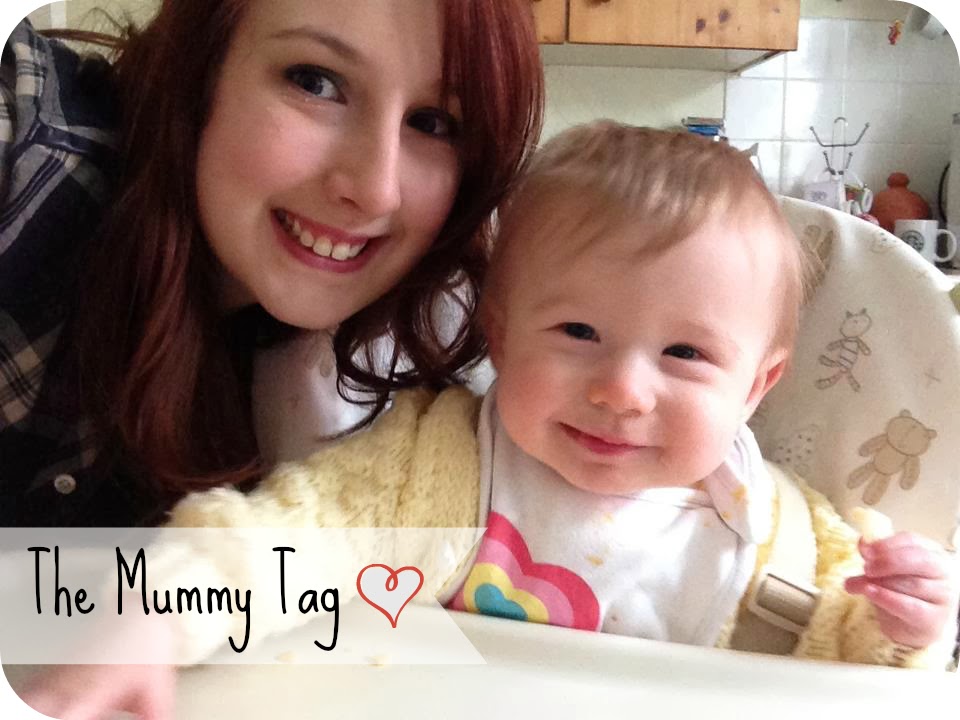
Financial Planning: How New Parents Can Get Started*
Having a baby is a thrilling and life-changing experience – but it’s also something that causes a lot of financial stress for some people.
The financial demands of your child are significant, and they’re also likely to change a lot over time. That’s why if you’re thinking of having a baby with your partner, you’ll need to consider how much money you’re going to need to survive carefully.
Not only will you need to plan for the size of the loan you’ll need to take out for big ticket items like a new pram, a bedroom makeover, and a cot, but you’ll need to look into long-term expenses too. For instance, how are you going to deal with extra monthly expenses for things like formula, diapers, and extra food too? Here are four steps to help new parents get started with their financial plan for the new baby.
Figure Out Your Financial Health
The first thing you’ll need to do when planning for a baby, is figure out your overall financial health. There’s more to measuring your financial health than looking at your net worth and thinking about any money that you might have tied away in investments. You’ll need to sit down with your partner and consider how much money you have coming into your household each month, and how much you need to pay for.
Remember, you might have extra sources of income available when your child arrives. For instance, though one parent might not be able to spend as much time at work as they used to, the government in the UK offers access to council tax benefits and child credits to help with the extra expenses you encounter when looking after a child. Speak to a professional if you’re not sure what kind of help you can get.
Be Realistic with Your Budget
One of the best ways to ensure that you feel confident in your ability to support your family in the months and years to come, is to set up a basic budget. Before your bundle of joy arrives, look at your expenses and income and figure out how much room you’ve got left for additional costs. If you find that you’re struggling, then you’re going to need to find places where you can cut down on your current spending. Remember to consider costs like:
- Baby food
- One-time costs for equipment
- Diapers
- Childcare
The good news is that you’re less likely to be spending money on dining out and entertainment after you’ve had your child. That could mean that you have some easy ways to cut back instantly.
Prioritise emergency savings
When you’re about to have a child, the chances are that you’ll want to start thinking about things like university costs and long-term savings as soon as possible. However, before you get carried away with money for your youngster’s future, you’ll need to think about how you can protect yourself and your family right now. Creating a safety net for your family is one of the most crucial steps of good financial planning.
A good way to build up some emergency savings before your child arrives is to budget as though you only have one income from the moment you find out that you’re expecting. If both you and your partner are still working at this time, this will give you an entire person’s wages to put towards your baby’s needs in the future, and your emergency savings too.
Be Prepared to Ask for Help
Finally, don’t be afraid to ask for help if you need it. Though your friends and family might not be able to give you all the cash you need for the most expensive items on your baby-prep list, they will be able to offer things like hand-me-downs, second-hand items, and even free childcare from time to time. They’ll understand if you need to ask for a little extra assistance when you’re getting ready for your new child.
Asking for help can also mean turning to professionals. For instance, the citizens advice bureau can give you insights on where you can get extra support from the government, while your bank will be able to tell you about the kind of loan deals and borrowing opportunities that might be available to you. You can even find help in the form of guides on where to save money or get discount codes from parenting forums and social media groups online. You’re not in this alone!



